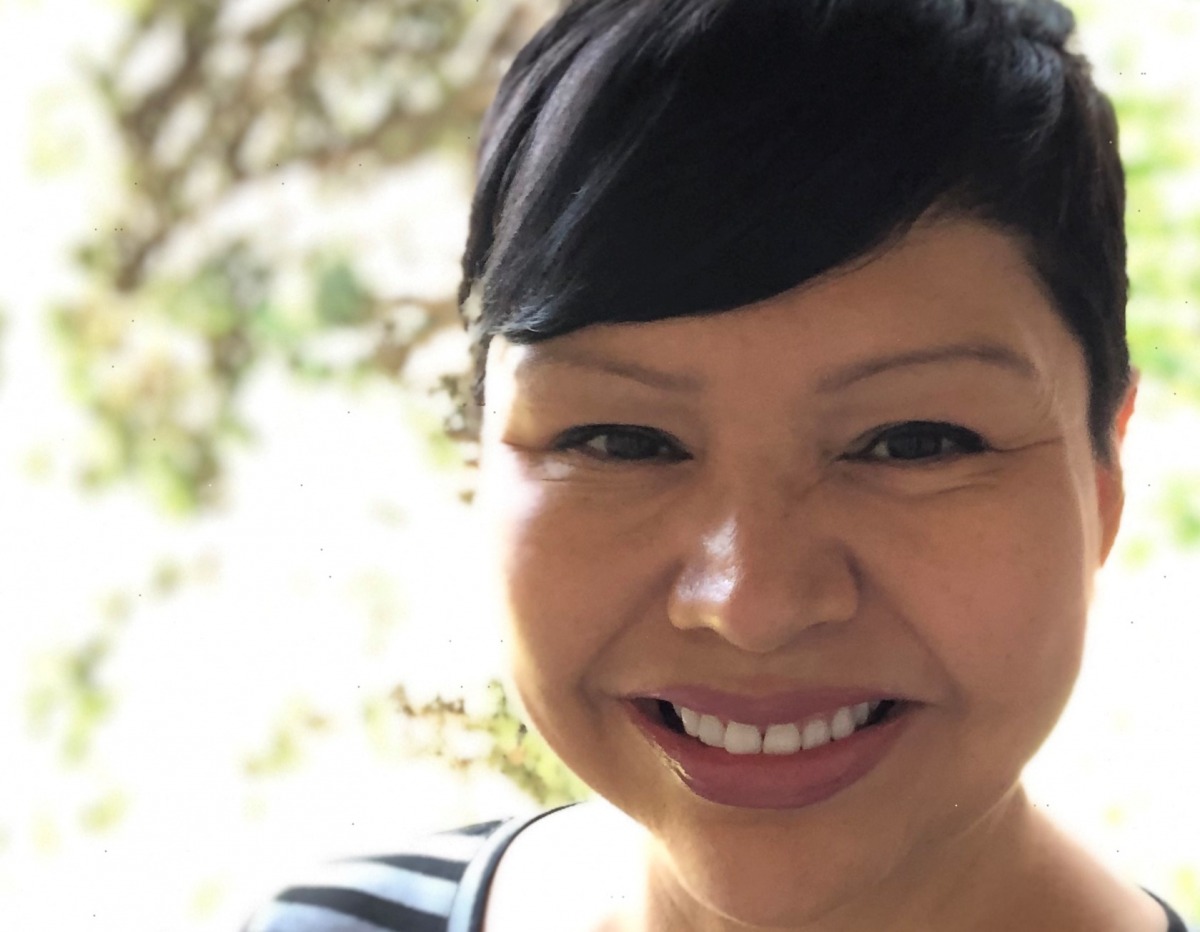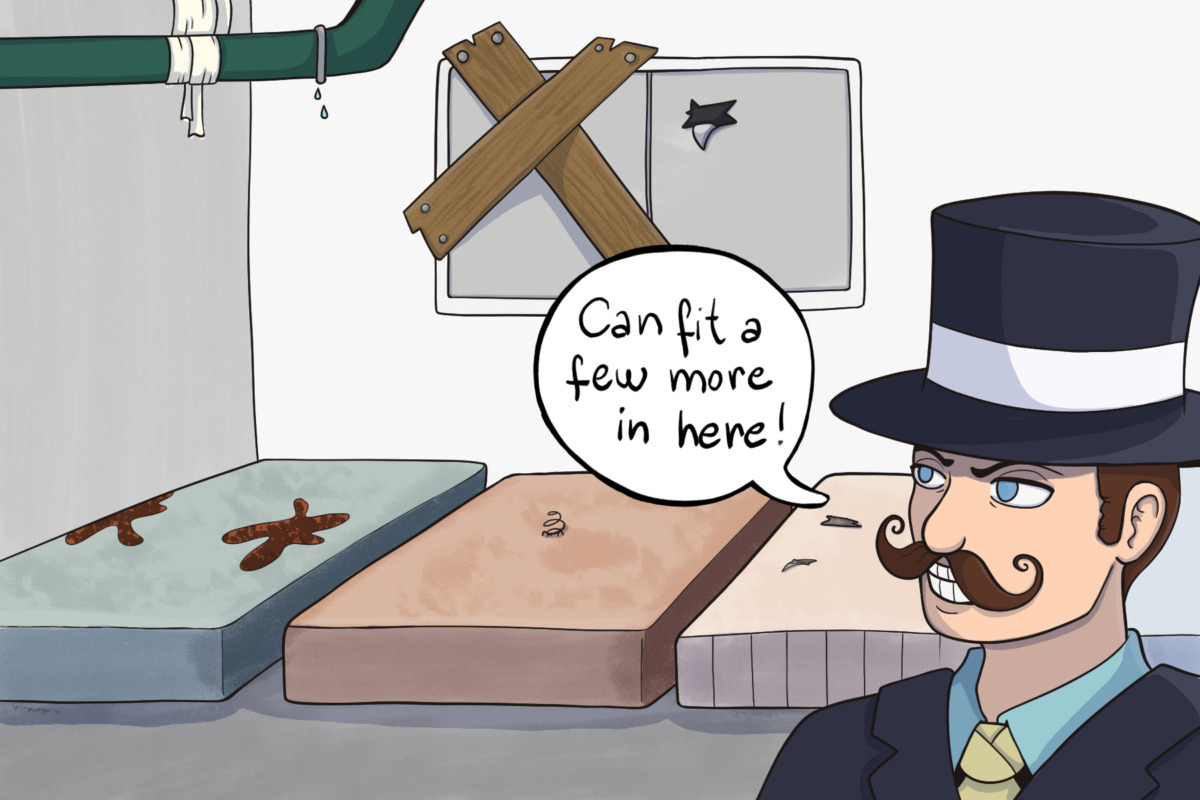By Maud Weaver
On September 25, George Brown College announced it hired its first Director of Indigenous Initiatives to follow through with its anti-racism strategy and to implement the Truth and Reconciliations Calls to Action.
Jennifer Campeau is Anishinaabe from Yellowquill First Nation, with kinship ties to the Eastern Region III Metis Nation of Saskatchewan. She says she grew up in a family that believed education was of utmost importance, so she holds those values true as she returns to a post-secondary environment.
“I’ve got a lot of big ideas. A lot of what I would like to see in that five years, but I realize I need to do the foundational work first,” says Campeau.
“My great grandparents were really big on education and where it can take you. My mother was one of the first people in our family to get a post-secondary education.”
The director of Indigenous initiatives position was created following the college’s anti-racism strategy which acknowledged a need for more Black and Indigenous people in leadership positions at the college. Campeau believes her hiring fits this demand but notes that further follow-through is necessary.
“To have a position at that level, in terms of when you look at the map – I’ve got Ian Wigglesworth and then he answers to the president – so I think the fact that it’s that close to the president’s office will enhance what I need to do in terms of access to the leadership table,” Campeau said.
https://twitter.com/darrenhill1/status/1303820906444324864
Although she was attracted to the job from previous work being done at George Brown, she says she is excited to come into a position with a fairly clean slate that she can build and mold.
“It’s not a blank slate because there has been some prior work done to it, but there’s a little bit of that in it, so I can really make it my own.”
Campeau has many goals and hopes for her new position. She is taking the lead on the college’s implementation of the ‘Truth and Reconciliations Calls to Action’ to fulfill the Vision 2030 plan. She says she wants to make college education more accessible to Indigenous people, build partnerships with nearby businesses to help students find work after graduation, and embed more Indigenous values and teachings directly into programs.
Campeau refers to the concept of Mino-Bimaadiziwin, which is an Anishinaabe word and way of life that roughly translates to “the good life.”
“I think that’s what the difference is going to be with this strategy and the framework. Because there’s going to be these concepts embedded into it, and using these teachings that have been around for time immemorial, and advancing education, and training, and Indigenous people getting into the workforce,” she says.
Between the years of 2011 and 2017, Campeau was a member of the legislative assembly (MLA), in Saskatchewan as part of the Saskatchewan Party, a centre-right conservative party. She believes this past experience will be helpful as she remains in touch with helpful connections, and understands how to bring in more money to the programs she would like to implement.
“I think the fact that it was a centre party, it’s a big tent party. We were all on different sides of the political spectrum. And, I think at that time, that’s what the beauty of it was because we could bring in different perspectives.”
As an MLA, Campeau worked on anti-bullying campaigns, Indigenous education initiatives, and was one of the first MLAs to walk in the Pride parade.
“When I got elected, there wasn’t an MLA that marched in the Pride parade. I was one of the first. There was myself and another colleague, and we were able to speak at the pride parade. And we were able to make some changes within, some policy changes that affected the human rights legislation.”
Going forward, Campeau hopes to have an open line of communication with students. As a residential school survivor herself, she will be tuning into the college’s online events for Orange Shirt Day this week.
“I am a Residential School Survivor and my first year was in 1979 at Muskowekwan Education Centre, which is an hour north of Regina, and my last year was in 1989. I am the third- generation to attend that school that my late grandmother and late mother went to,” said Campeau.
“Everything I have done in the past is going to contribute to the work that’s going to be done over the year”.


